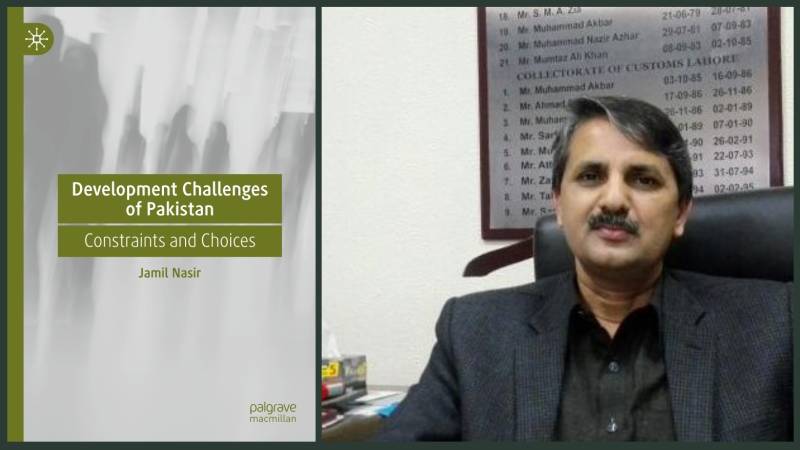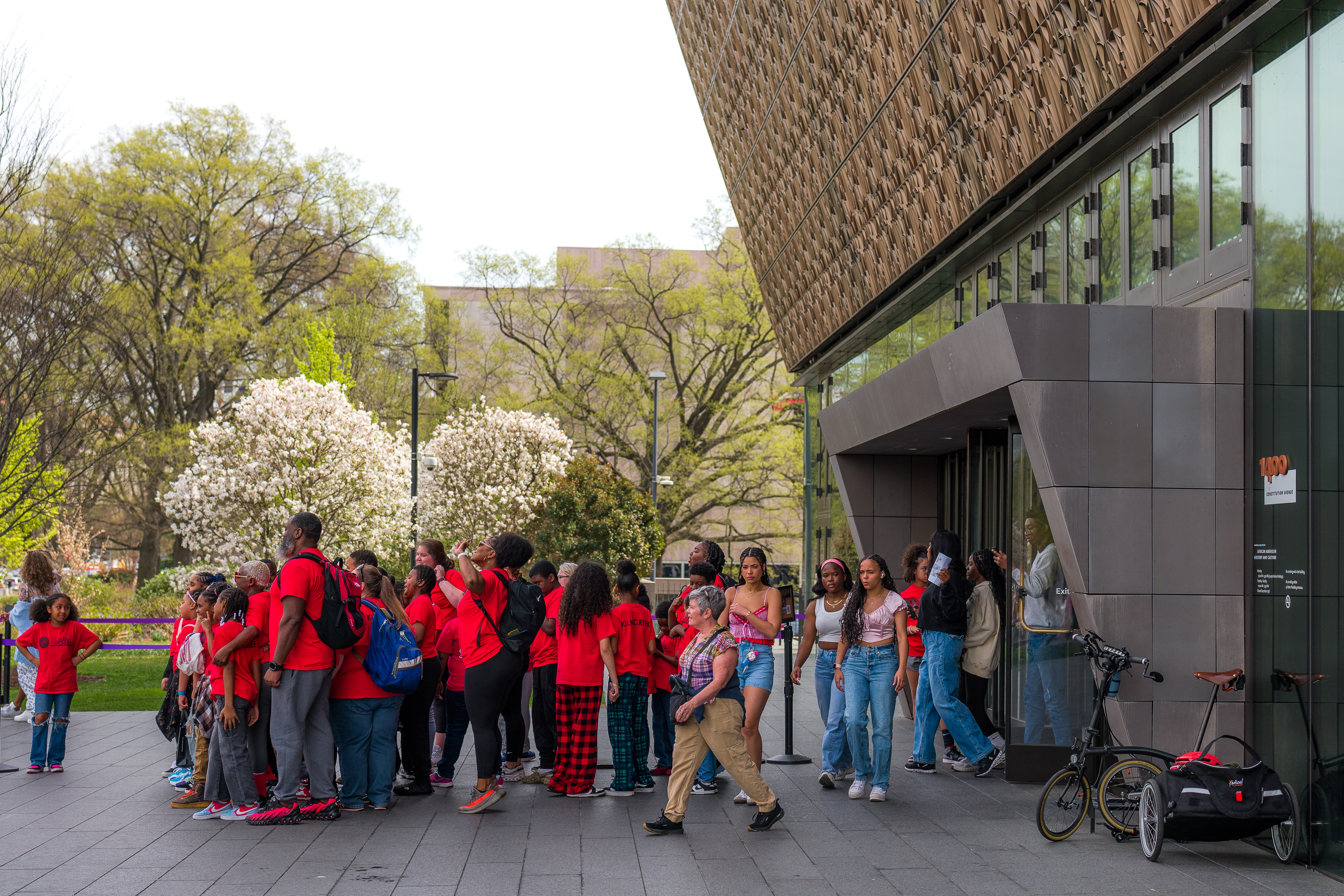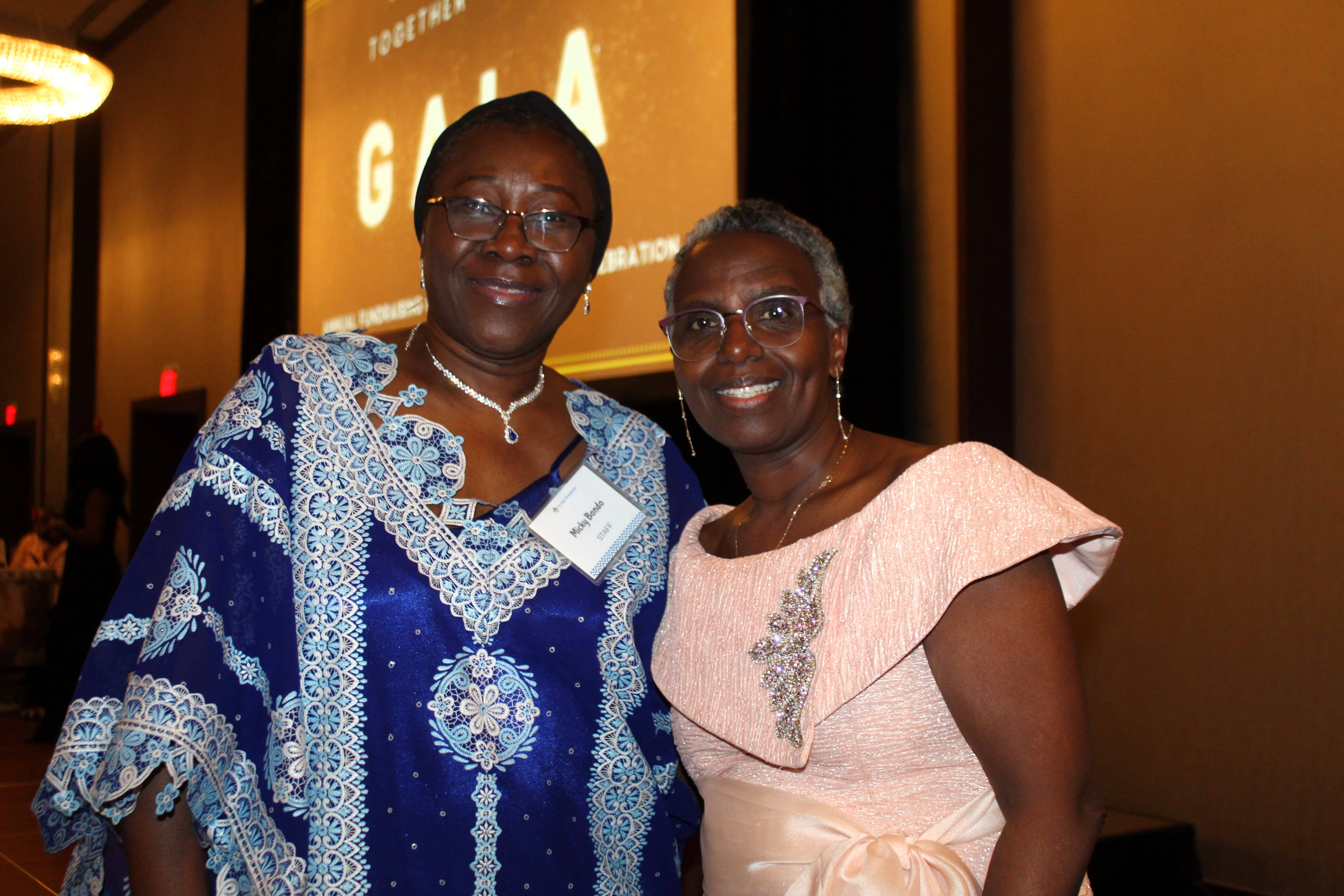Pakistan’s roller-coaster performance and projections on economic growth and development have roused considerable scholarly, policy community, journalistic, and practitioner interest. To mention a few, Akbar Zaidi, Rashid Amjad, Omar Noman, Shahid Kardar, and Akmal Hussain in their extensive studies on Pakistan‘s political economy have addressed, the challenges, choices, and pitfalls of Pakistan’s development quondam. Each also proposed corrective measures, which have been largely ignored or half-heartedly accepted by the military and civilian regimes of the country.
In the 1980s Lawrence Ziring declared Pakistan an ‘Enigma of Development’—and today, low economic development, explosive population growth, erosion of civic virtues, and civility continue to haunt Pakistan and its enigmatic despondency reigns supreme. Over the past four to five decades proliferation of development challenges confronting Pakistan has attracted several scholars, and policy analysts and given a boost to studies on development. For example, in 2011, Anita Wise and Saba Khattak(ed) published a book that carried articles by 13 national and international scholars, titled, Pakistan: Challenges of Development.

Asim Sajjad Akhtar, The Politics of Common Sense: State, Society and Culture in Pakistan (2018), provides a critical appraisal of development challenges from a Neo-Marxian perspective. In short, the topic has been researched largely from economic and political perspectives, yet the lack .

























